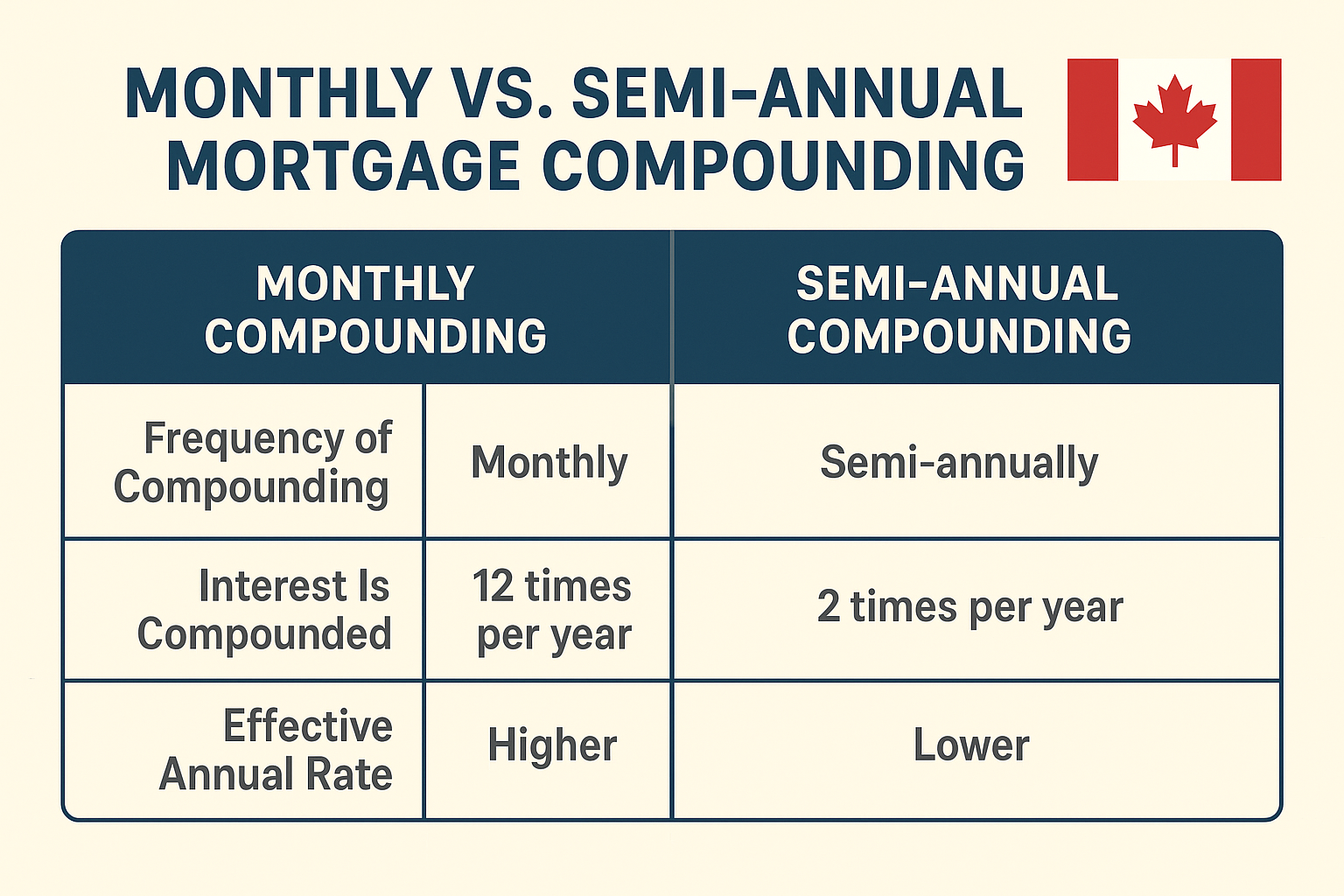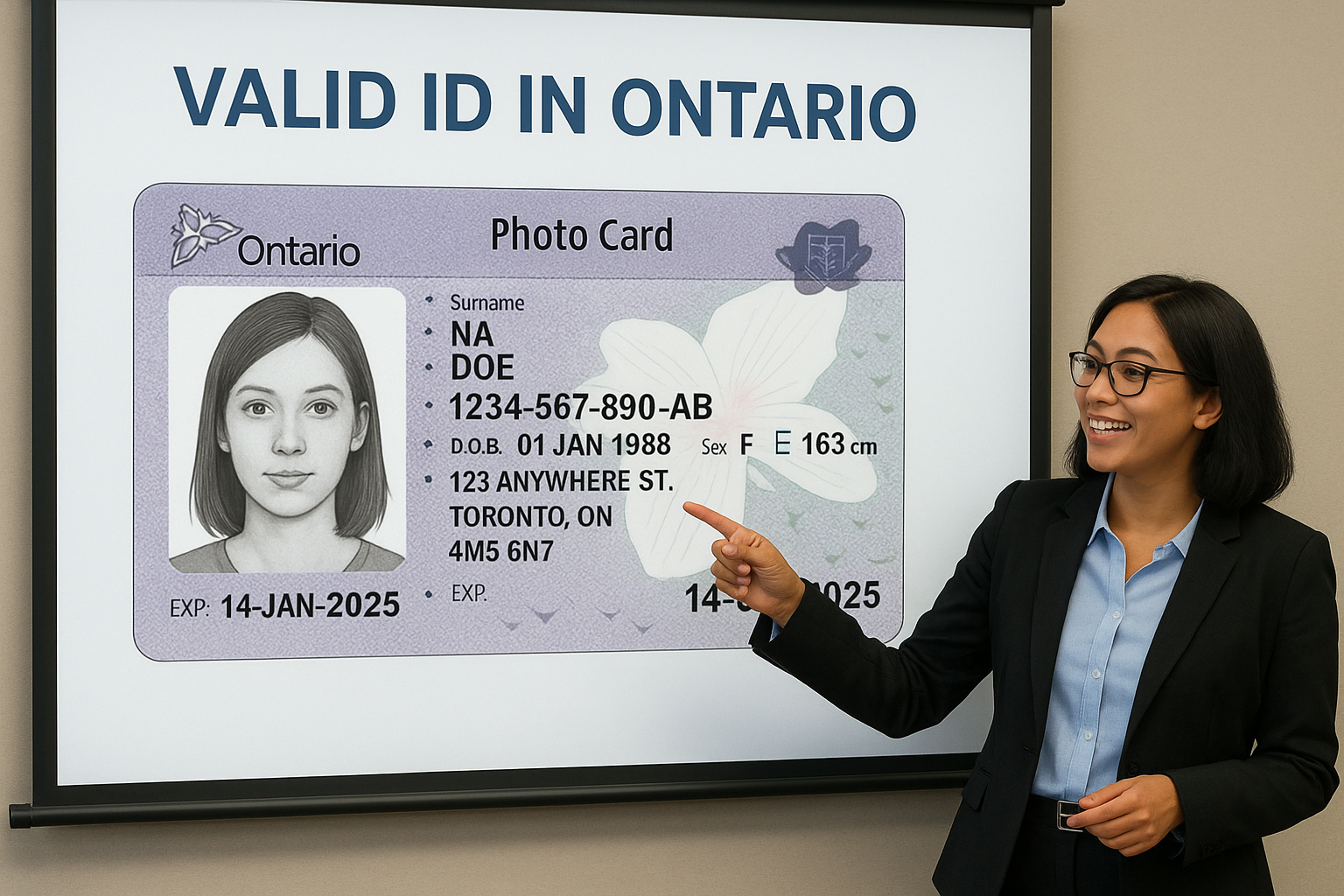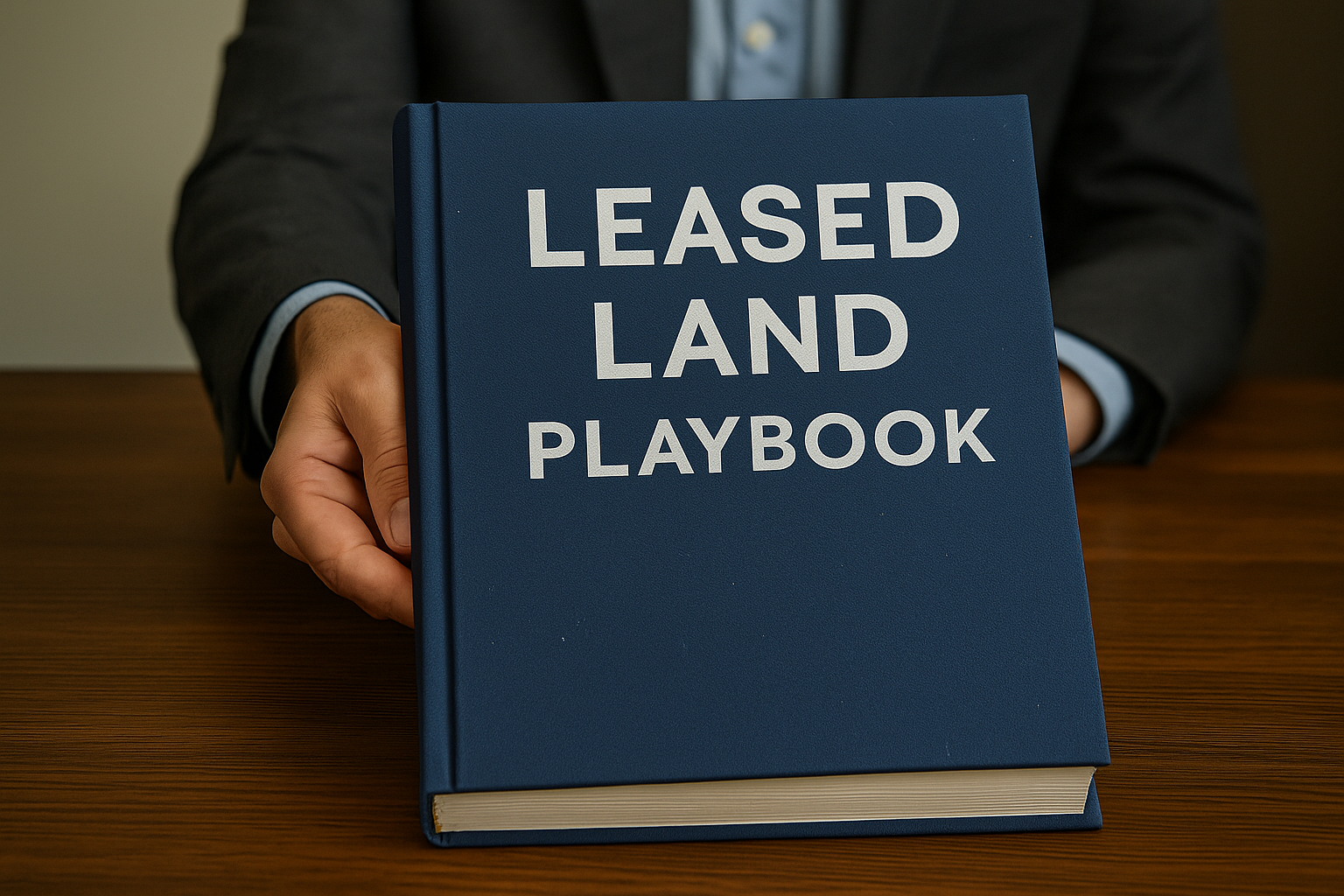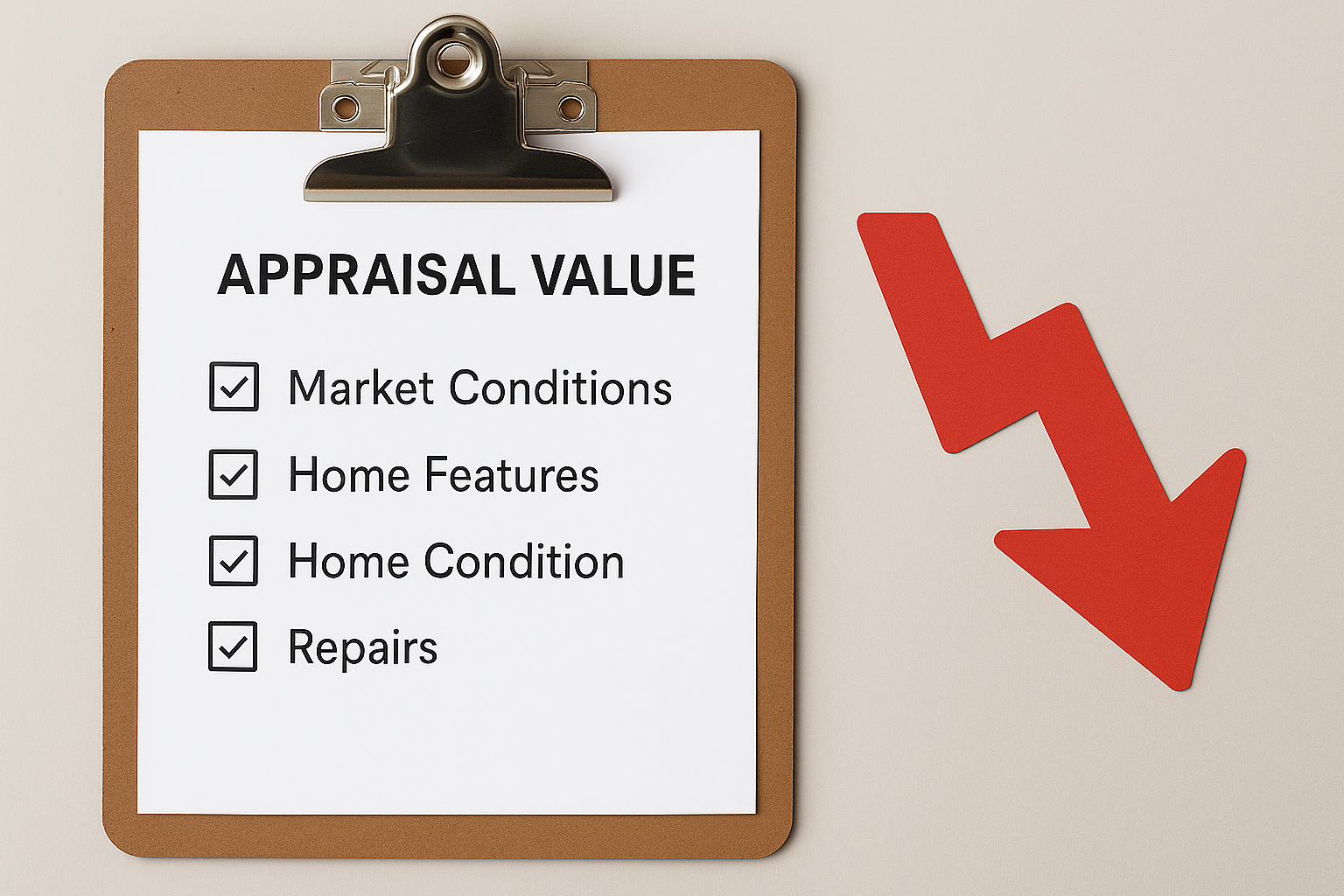Here we will go over everything you need to know about property tax arrears and the many solutions available. If you are a homeowner, you’ll already know that property taxes are a considerable expense.
While you can’t avoid property taxes, it is worth looking at your options to pay these taxes and what to do if you are having difficulty paying these taxes.
In this guide, we’ll explain what property tax arrears are and why you might choose to pay off your tax in arrears.
We’ll also talk you through some of the financing options available if you are struggling to cover your property tax arrears or have got behind on your payments.
Table of Contents
ToggleWhat Are Property Tax Arrears?
Property taxes are due on residential and commercial properties in all municipalities in Canada and owned land. These are essentially fees to support local authorities with services such as schools, roads, and sewers.
The property taxes you owe will depend on the local area and the value of the property you own.
Property tax arrears is simply a technical term for paying those taxes in the final months of the same year those taxes are due.
Why it’s important to pay your property taxes past due?
Paying in arrears allows a straightforward split of tax if you are selling your property. The seller is only responsible for the tax due up until the home changes hands. At this point, the tax becomes the buyer’s responsibility.
Preventing Home Foreclosure
Paying in arrears as a technical term is not to be confused with getting into arrears with your tax bill. Getting into arrears by not making timely payments on your tax bill has potentially severe consequences for homeowners.
If a homeowner gets into arrears with their property tax payments, the authorities can activate a tax lien. This is a foreclosure of the property, forcing a tax sale to settle the unpaid debts.
If you are at risk of making late payments on your property taxes, you must consider all financing options available. This is the best way to avoid the judgment of a foreclosure on your house.
How to Finance Your Property Taxes
Many homeowners cover their property tax bills monthly alongside their mortgage. The mortgage lender keeps the money in an escrow account and pays it directly to the relevant tax office.
As a homeowner, if you cannot cover your monthly tax bill, you will need to pay a bill in arrears. There are different financing options available to you:
Home Equity Loan
A home equity loan is the most straightforward financing option for property tax arrears. This is an additional loan secured against your house, separate from your existing mortgage.
The main benefit of a home equity loan is that the interest rate you pay is likely to be lower than what you’d pay on a standard loan. The debt is secured against your house.
Home equity loans are also sensible options if you have a poor credit history, as you will be seeking a secured loan. If you have failed to get an unsecured loan recently, home equity financing might be a good alternative.
Home equity loans don’t impact your existing mortgage, and the terms of your current mortgage will not change. You will continue to pay for that, and the home equity loan will effectively be a second mortgage.
Home Equity Loan Line of Credit
A line of credit is a slightly different financial arrangement. With a standard home equity loan, you will receive a fixed sum as a loan and pay it back over a set period, as with a traditional mortgage.
With a line of credit, you have credit available that you can borrow from when you need to. The amount you can borrow will be set from the beginning of the agreement, but not the timescale.
If you don’t use the money available to you on the line of credit, you are not incurring lending fees, and you only pay interest on what you borrow. This option is more financially flexible.
Additional Home Equity Options Continued
If you are over 60, one option available to you is a reverse mortgage. These mortgages are designed for people near the end of their mortgage period. It allows them to access some of the cash that they have as equity in their home.
This can be a practical option if the value of your property has increased in the years that you have owned it. You can use that equity to cover your tax liabilities and reduce the amount of interest you pay on debts.
Cash-out Refinance
Cash-out refinancing involves changing your current mortgage for a new one. The new mortgage will be for a larger loan than your existing mortgage, and the extra amount will be provided to you as a cash lump sum.
The benefit of this option is that you can take advantage of newer, more competitive interest rates available. This will depend on the current mortgage market but can potentially reduce your monthly payments.
The disadvantage of this approach is that you may have to pay fees to change from your existing mortgage to your new financing agreement. You will also reduce the equity you have in your current property.
Checking Your Credit Score
Before deciding on the best financing option, check your current credit score. This will give you a good indication of the types of financing deals available to you and the interest rates you may have to pay.
Poor credit history will mean more expensive lending options. If you can, work on your budget and pay off credit cards on time to help improve your credit score, as this will give you access to more competitive deals.
Manage Your Finances and Protect Your Home
The best way to manage your property tax arrears is to know your financing options. Prioritize finding a method to get your property taxes up to date to avoid any tax lien or worse going into foreclosure on your home. In addition, once you are back on the right track consider asking your mortgage lender to collect and pay your property taxes as part of your mortgage payment.
Take action today to get caught up on your property taxes and avoid further penalties. Apply here for our financial lending packages, and our team will be in touch.






